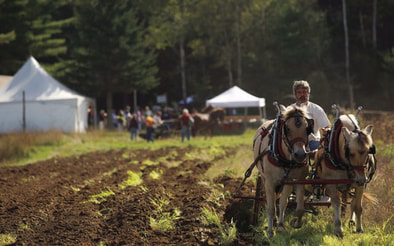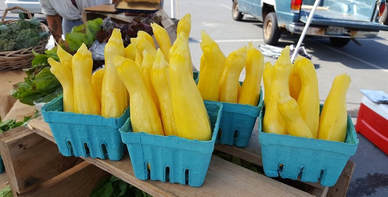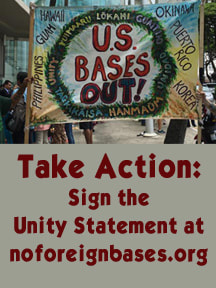It is going to be a busy spring for the Grassroots Institute in Mendocino County, California. We are working toward introducing our solidarity economy mapping project to the public. This interactive, online map, detailing the Economy for Our Common Good in Mendocino County, features the business, non-profit, government and citizens groups that are already at work supporting a local economy that works for both people and planet. We are also planning how we can best introduce this mapping tool into neighboring counties. In order to accomplish our first goal we are finalizing the data on over five dozen organizations that will be on the initial map. That is only a small portion of the over 200 organizations that have been nominated to be on the map. Adding and updating the map will be an on-going, ever-changing process.
In order to share this process with citizens and groups across the country we are finishing up a study guide on the year-and-a-half experience of creating the map. We will put that up on our website at grassroots-institute.org along with a link to the map, a sample video of the interviewing process for map-worthy organizations, and information on two upcoming events where we will be introducing the Economy for our Common Good mapping project and discussing how to incorporate more geography and data.
The first event will be the conference on "Post Capitalism: Building the Solidarity Economy" at Humboldt State University in Arcata CA on April 26 and 27. Emily Kawano, the founder of the US Solidarity Economy Network and our adviser on our mapping project, will be a keynote speaker at that conference. The Grassroots Institute will also present a workshop to help communities map their local solidarity economy that is already in existence.
Then Emily Kawano is coming down to Mendocino County for the grand public presentation of our map and all the organizations on it that are building an economy for the common good. We'll also be holding a roundtable community discussion on building co-ops and collectives in Mendocino County. We are excited to be able to bring the diversity and vitality of our local solidarity economy into clearer view for Mendocino residents, and we hope that what we've done will be an inspiration to activists in other parts of the country to do the same where they are.
Jim Tarbell is editor of the Alliance journal, "Justice Rising: Grassroots Solutions to Corporate Power," a former host of "Corporations and Democracy" and a facilitator and instructor at the Grassroots Institute.





 RSS Feed
RSS Feed
